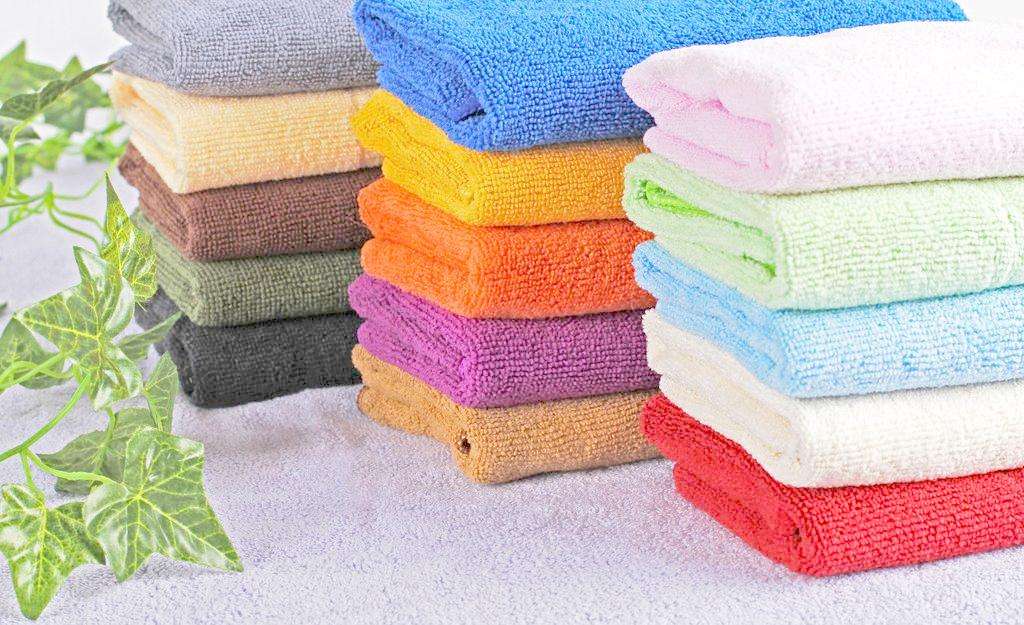Bath
towel is a type of towel specifically designed for drying the body
after bathing or showering. It is typically larger than other types of
towels, with a standard size of around 27 inches by 52 inches. Bath
towels are made from a variety of materials, including cotton, bamboo,
and microfiber. They can be plain or patterned, and come in a range of
colors to match any bathroom decor. Some bath towels may also feature
decorative borders or embroidery. Bath towels are an essential item in
any bathroom, providing a soft and absorbent way to dry off after
bathing.
Bath Towel,Microfibre Bath Towel,Bath Baby Towels,Hotel Hand Towel suzhou bangneng textile co.,ltd , https://www.bangnengtowel.com
Avoid washing water overheating and drying for a long time when washing cotton towels. When drying, the internal tumble drying can make the cotton towel more fluffy and soft, and hanging and drying can not achieve this effect. It is best not to expose it to sunlight or to force it to dry with an ultra-high temperature heat source. Use a small amount of detergent to make the towel softer. Avoid dumping the detergent directly onto the towel, otherwise the detergent residue will cause the towel to harden and minimize chlorine bleach. Fabric softeners should not be used frequently, as it will affect the water absorption of the towel. Wash dark towels and light colors separately. Avoid washing towels with clothes that contain zippers, hooks, or buttons that can damage the towel loops. Do not wash the towels and clothing together. The terry fabric will wrap the light and soft fabrics inside.
Moist towels and other bacteria can be caused by placing wet towels for too long or not drying for long periods of time. When the mildewed towel is dried, the fiber will be brittle and quickly rupture. After the towel is used for a period of time, the calcium and magnesium ions in the water are combined with the soap to form a calcium magnesium soap adhered to the surface of the towel to make the towel hard. To make the towel soft and tricky, add 20 grams of soda ash or appropriate softener for about 10 minutes in water of about 3 kg, then rinse it with warm water and cold water several times. Some people who love oil, the towels are often greasy, slippery, and the effect is not very good after washing many times, it is very troublesome. It is recommended to soak it in concentrated brine and rinse it with water to make the towel fresh.
First, special purpose, special towel:
Towels are prone to cross-infection and are recommended for individual use. Towels for different purposes can be configured as needed.
For you in life, we want you to use towels every day. If you mix them for a long time, it will easily cause cross-infection. Here we suggest that you should use them individually, and also need to be based on different needs. , configure different towel products.
Second, correct washing, regular disinfection:
Because towels are often in a damp state, they can easily breed harmful microorganisms such as bacteria and mites. If they are used for a long time, they will not only have a clean effect, but also cause great harm to our body. Therefore, we must wash frequently. Sun or UV disinfection and proper storage. Pay attention to the washing method when washing. Hang in a dry and ventilated place when drying, naturally dry or hot air drying. Avoid the sweat residue of the human body, make the towel brittle; avoid the surface oil and dandruff residue, breed bacteria, make the towel smell and sticky.
Third, timely replacement:
Frequent use of towels can cause residual dirt on the terry layer, it is not easy to be cleaned, and the hygienic index is reduced. Consumers should replace them according to the time of use. It is recommended to replace them once every three months, and replace them once every two months.
August 15, 2023